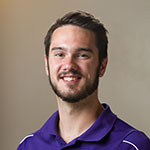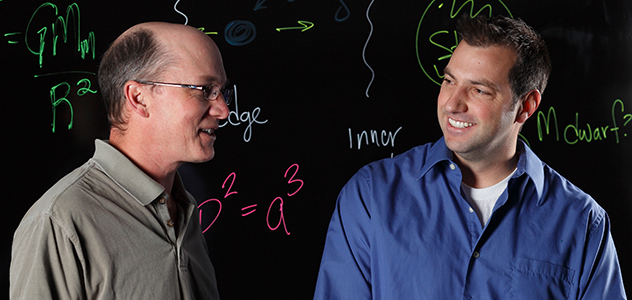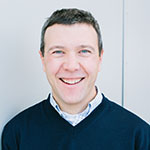Studying Physical Science Teaching at Weber State
Weber State’s physical science composite teaching major allows you to explore a variety of physical science disciplines while you prepare for your career in education.
Physical Science Composite Teaching Highlights
This degree’s multidisciplinary approach allows you to graduate with more career opportunities in secondary education than others in your field.
As a student of various physical science disciplines, you’ll have access a wide variety of departmental events and networking opportunities.
Beyond the Classroom
As a physical science composite teaching major, you can gain practical experience while completing individual research for course credit.

Sven Livingston
Class of 2019
“The most exciting aspect of my degree thus far has definitely been being a part of so many different disciplines, from geology to meteorology to physics to chemistry. These have allowed me to make first-hand experiences with cross-cutting concepts across all subject areas.”

